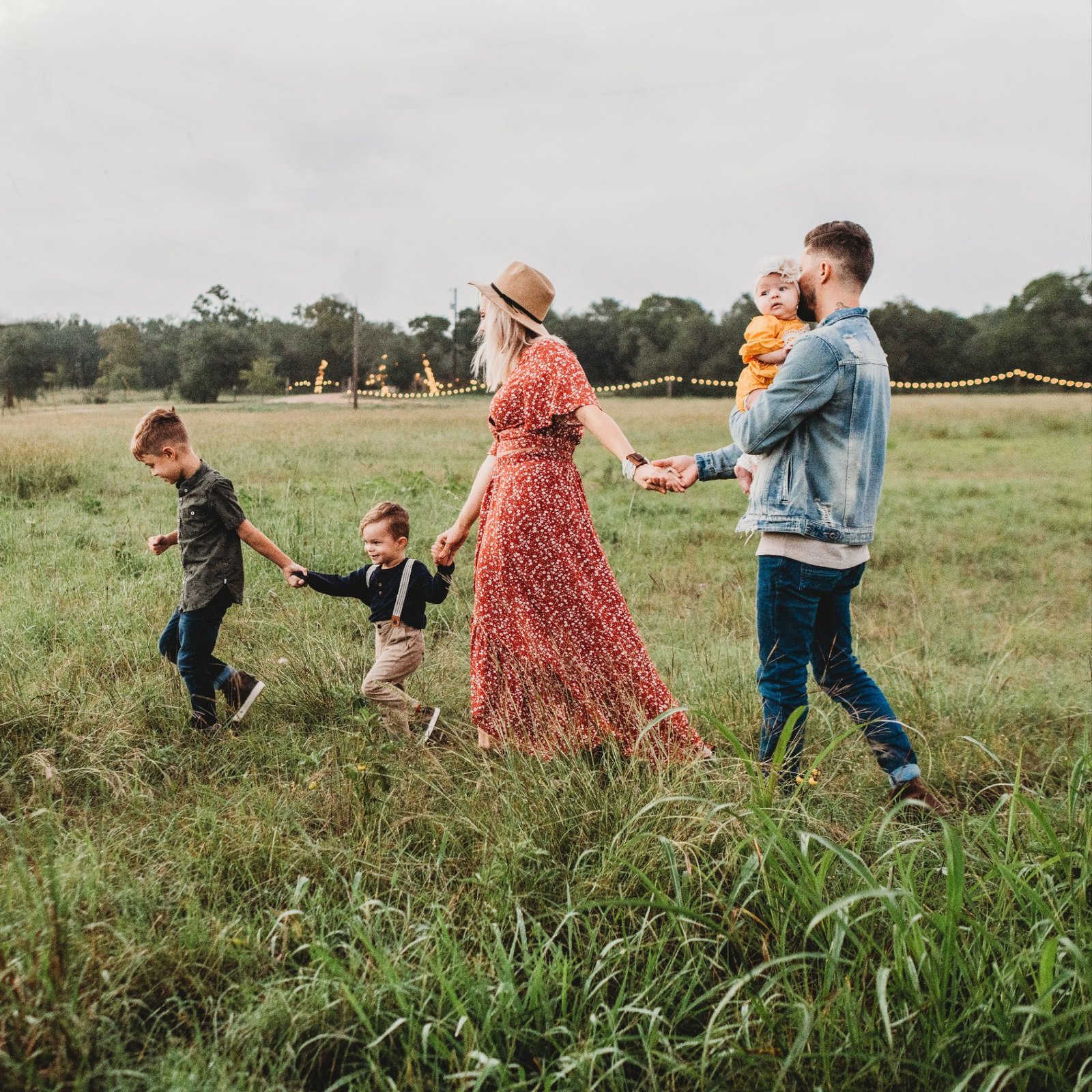
The Skill-Based Treatment Process
Happy, Relaxed and Engaged (HRE)
We promise we won’t try to teach the child new skills until we have identified an ideal learning environment. Showing the child that they can trust us to build a therapeutic environment is critical to the success of therapy.
In most cases, the children who see us LOVE to come to therapy. When the child is HRE, they will be more willing to participate, learn, and grow in various ways. In HRE, we are giving the child our undivided attention. We are not talking to the parents, asking the child questions, offering toys, or restricting where they can go. We do not block stereotypy, follow their demands, and pay close attention to how they lead their time.
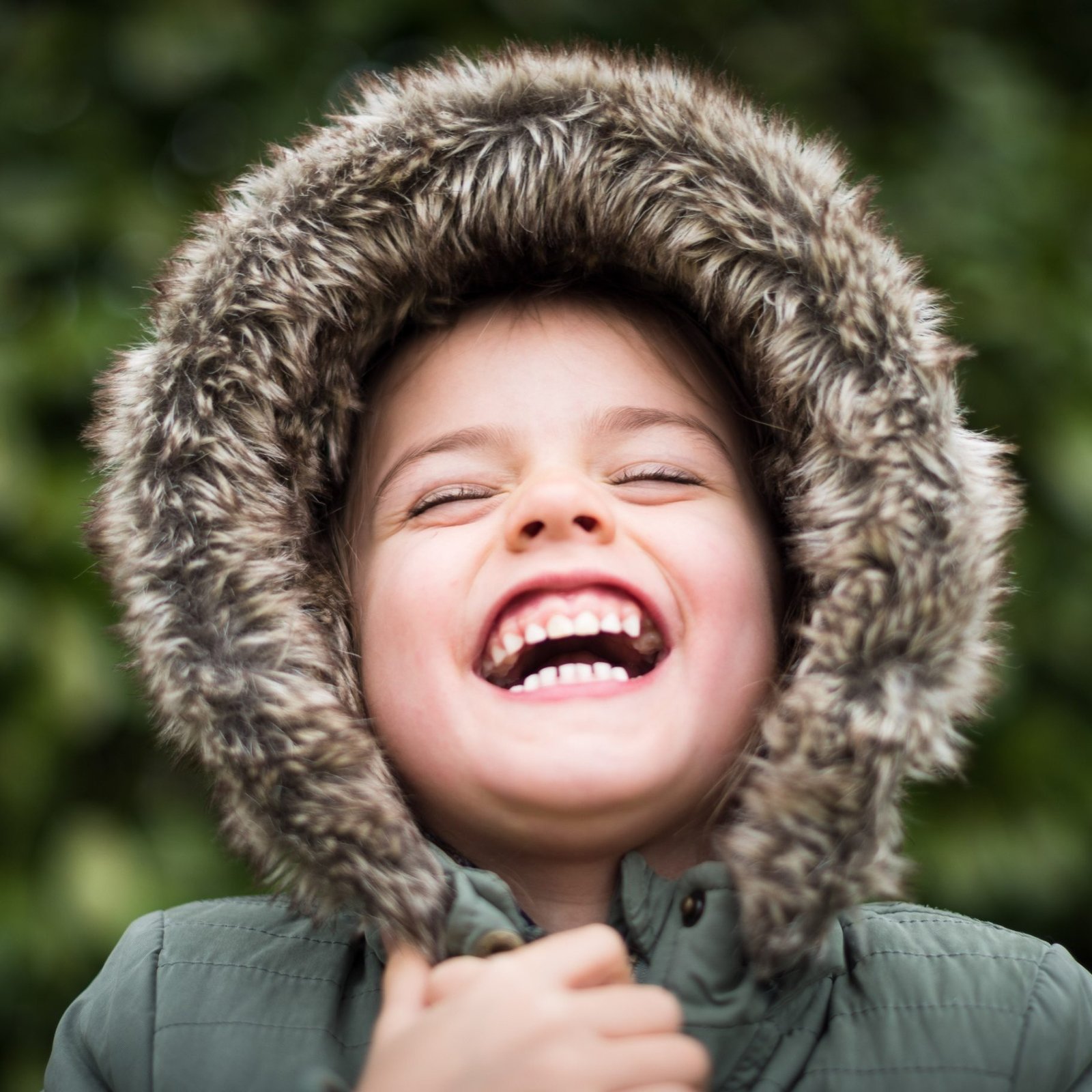
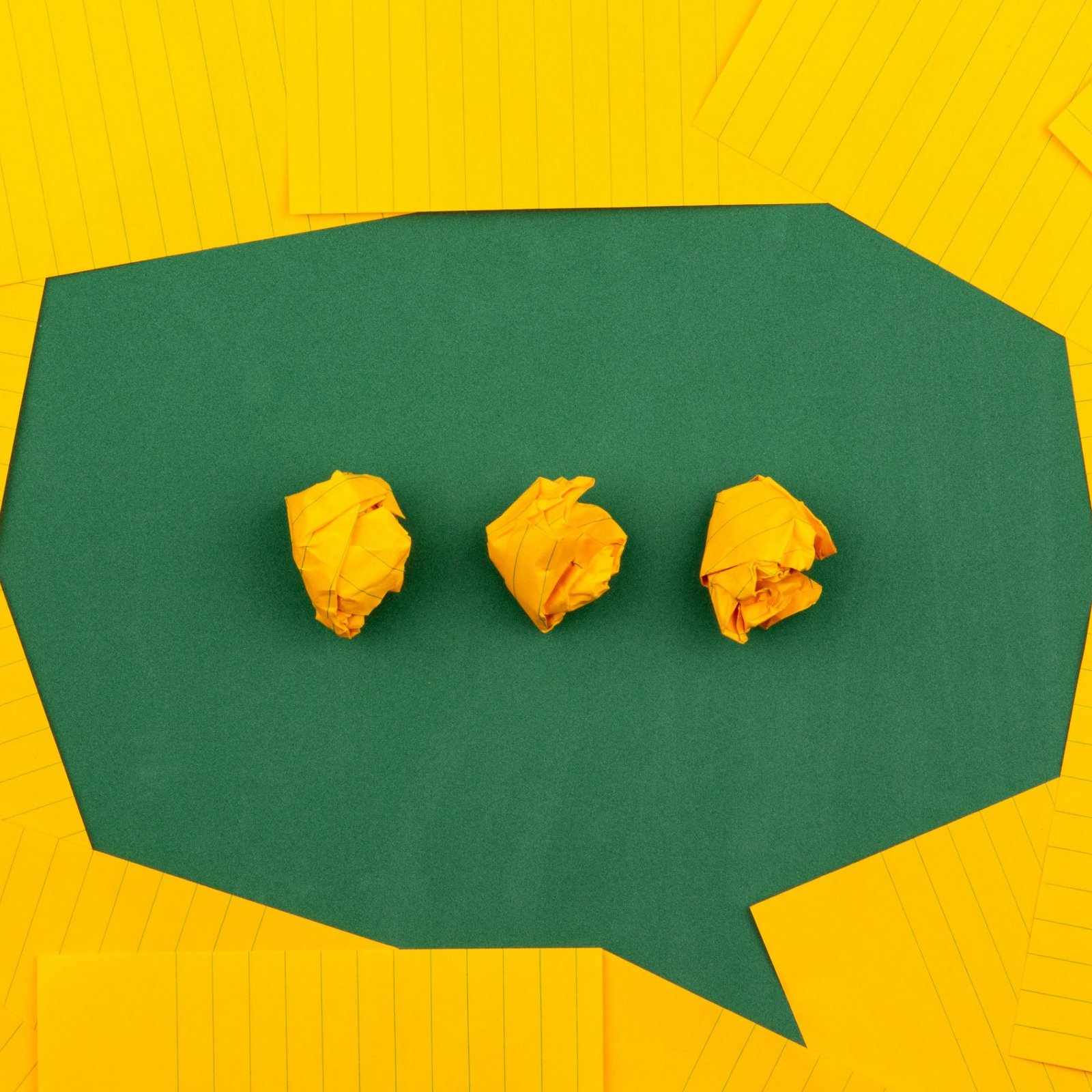
Communication
Therapy begins by teaching the child that communication is effective! How do we do that? We start with creating the most valuable HRE we can and then gently interrupt HRE with challenging contexts. Our interruptions are designed to be just challenging enough to teach the child that communication is the way to get what you want when you feel these annoyances. Depending on the individual child, the communication might be vocal language, sign language, Picture Exchange Communication System (PECS), or a speech-generating device.
The key lesson is that communication is effective. In many cases, this lesson is achieved in just 1-session. Sometimes, it can take a few sessions, but just about all clients learn this lesson quickly.
Toleration
It is wonderful when the child learns to communicate his wants and needs, especially if this communication replaces otherwise challenging behavior. As every parent knows, it is necessary to say “no” at least some of the time, however. That’s why we teach children appropriate toleration skills. Some kids give a thumbs up, a high five, a fist bump, or they learn to say “OK”, “That’s cool,” or other phrases to demonstrate that they understand the request won’t be granted and it is time to participate in a new activity.

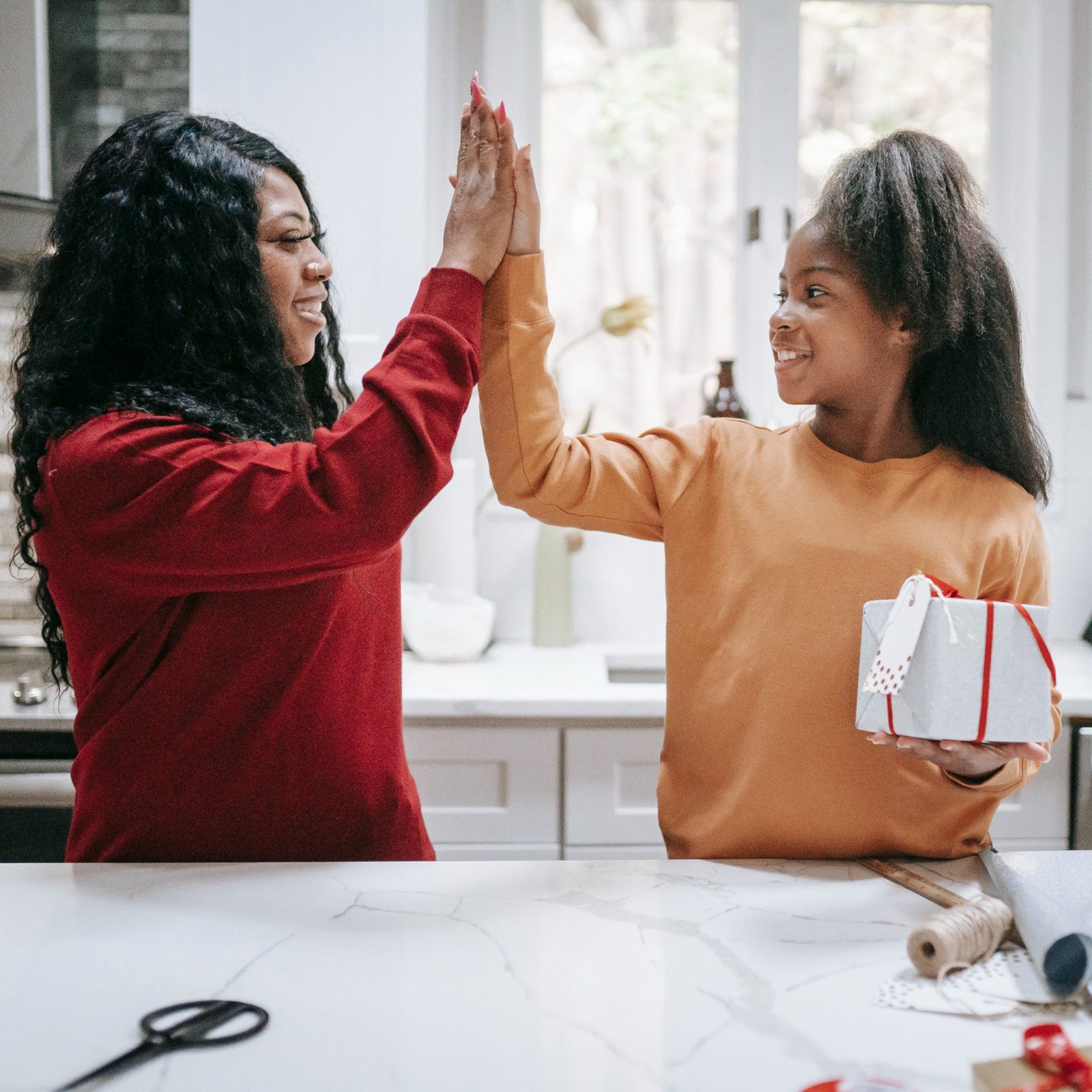
Relinquish/Transition
Once the child has learned to stay calm, communicate, and indicate that they can tolerate hearing “no”, they are ready to begin the next steps of relinquishing and transitioning.
In this phase, we teach children to put down their most preferred reinforcers when asked while staying calm. When they demonstrate that they can put down their favorite things, trust that they will be available again, and remain calm, children are asked to transition away from their favorite things.
Cooperation
Throughout the skills-based treatment process, we teach children to trust us and be more flexible when challenged. By building rapport, maintaining dignity, and ensuring safety, children often easily cooperate with instruction. This may be learning language skills, social skills, independent activities, self-help skills, or academic skills. At first, this focuses on just a few opportunities. Later, it progresses in a step-by-step fashion until the child can complete activities at realistic expectations while challenges are presented.

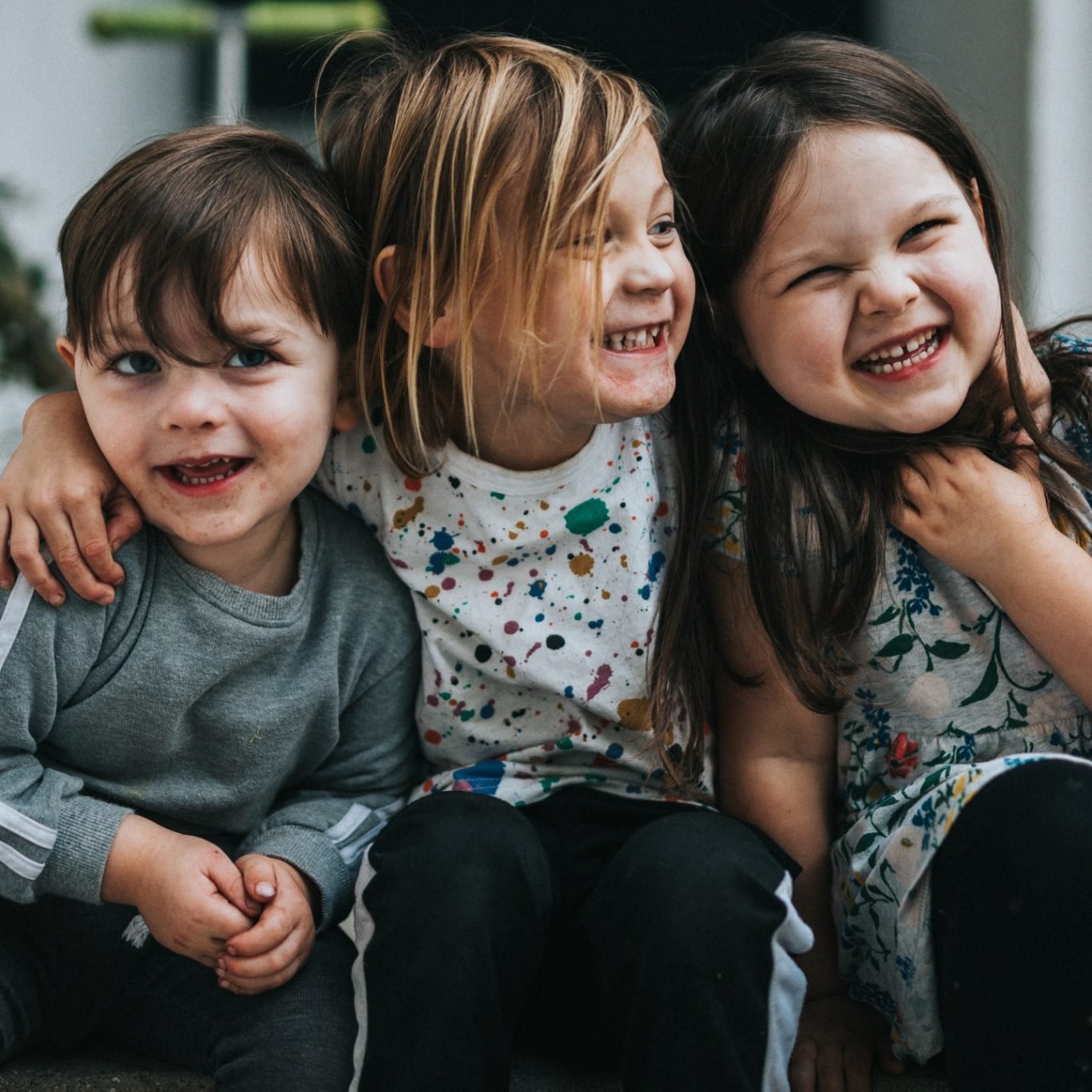
Social Skills
In most cases, we also expand social skills during the Skills Based Treatment process. We teach skills like learning to get the attention of a communication partner, waiting for an acknowledgment from a communication partner, requesting appropriately, using a complete sentence, waiting for an answer from a communication partner, making eye contact, and gaining information from the face of a communication partner, among other social skills.
Extensions
Finally, our goal is always success in life, not just therapy. Therefore, we work hard to extend the therapy outside practiced environments to real life with siblings, in the community, and in school. These extensions of therapeutic effects are highly individualized endeavors that might involve ensuring the child responds to natural reinforcers, a variety of specialized programming in real-life community settings, and training parents, teachers, and other caregivers.
